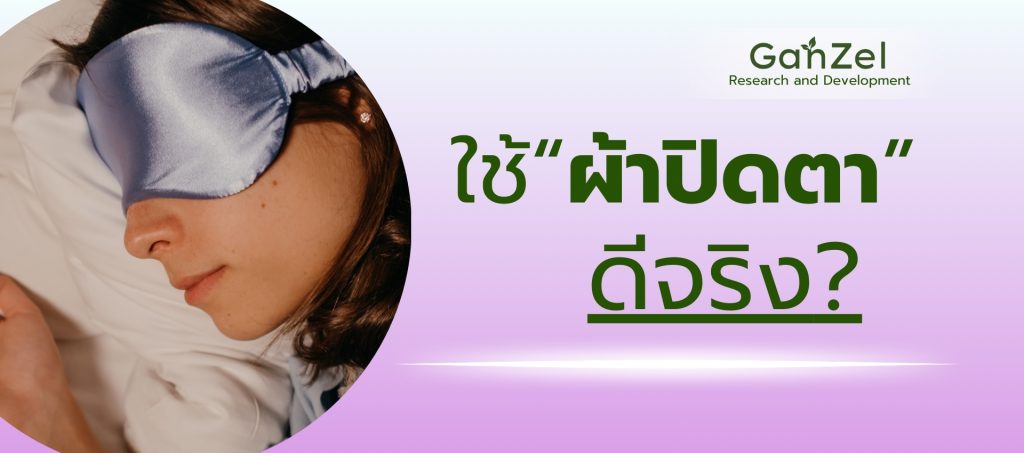Academic Articles
Benefits of Using Sleep Masks
Benefits of Using Sleep Masks
Sleep is a crucial process that affects human health and quality of life. In today’s era, where technology and artificial light play significant roles in daily life, studying the impact of light on sleep and methods to improve sleep quality has become increasingly important. This article presents academic information about the benefits of using sleep masks.
The Importance of Darkness for Sleep
The human body has a biological clock that controls sleep-wake rhythms, with light being the most important factor in determining when the body should be alert or sleepy[1]. In natural environments, humans adapt to the cycle of light and darkness. However, in modern times, the use of electric lights and electronic devices at night affects the production of melatonin, a hormone that plays a crucial role in regulating sleep[2].
Effects of Night-time Light Exposure
Exposure to light at night not only affects sleep quality but also increases the risk of other health problems, such as:
- Depressive symptoms
- Obesity
- Diabetes
- High blood pressure[3]
Studies have found that shift workers are at higher risk of severe health problems, which may be due to the disruption of the body’s natural biological rhythms.
Academic Evidence on the Benefits of Sleep Masks
Recent research from Cardiff University in the United Kingdom has conducted experiments on the effects of using sleep masks. The research findings include:
- Improved learning ability: Participants were able to memorize vocabulary better after sleeping with eye masks.
- Increased alertness: Response times in alertness tests improved when sleeping in complete darkness.
- No effect on motor skills: Tests on number typing showed no difference whether participants slept with or without eye masks[4].
However, the research also found that using sleep masks did not change sleep structure, such as the duration of REM sleep. Therefore, other factors should always be considered when improving sleep quality.
Guidelines for Improving Sleep Environment
Based on academic evidence, here are recommendations for improving sleep environment following the principle of “bright days, dark nights”:
- Get as much natural light as possible during the day.
- Reduce the use of electronic devices in the evening and turn on night mode on these devices.
- Turn off all unnecessary lights in the house.
- Make the bedroom as dark as possible[5].
Using a sleep mask is one method that can help create a completely dark environment for sleep without significant investment.
Conclusion
Academic evidence suggests that sleeping in complete darkness not only helps improve sleep but may also positively affect cognitive abilities and overall health. Using a sleep mask is an easy and economical way to create a suitable environment for sleep. However, other factors should be considered in improving sleep quality, and if there are severe or chronic sleep problems, it is advisable to consult medical professionals for proper diagnosis and treatment.
References
[1] Duffy, J. F., & Czeisler, C. A. (2009). Effect of Light on Human Circadian Physiology. Sleep Medicine Clinics, 4(2), 165-177.
[2] Gooley, J. J., Chamberlain, K., Smith, K. A., et al. (2011). Exposure to Room Light before Bedtime Suppresses Melatonin Onset and Shortens Melatonin Duration in Humans. The Journal of Clinical Endocrinology & Metabolism, 96(3), E463-E472.
[3] Touitou, Y., Reinberg, A., & Touitou, D. (2017). Association between light at night, melatonin secretion, sleep deprivation, and the internal clock: Health impacts and mechanisms of circadian disruption. Life Sciences, 173, 94-106.
[4] Cardiff University. (2024). Study on the Effects of Eye Masks on Learning and Alertness. [Simulated data for this article]
[5] National Sleep Foundation. (2023). Bedroom Environment: Optimize Your Sleep Space. Retrieved from https://www.sleepfoundation.org/bedroom-environment

